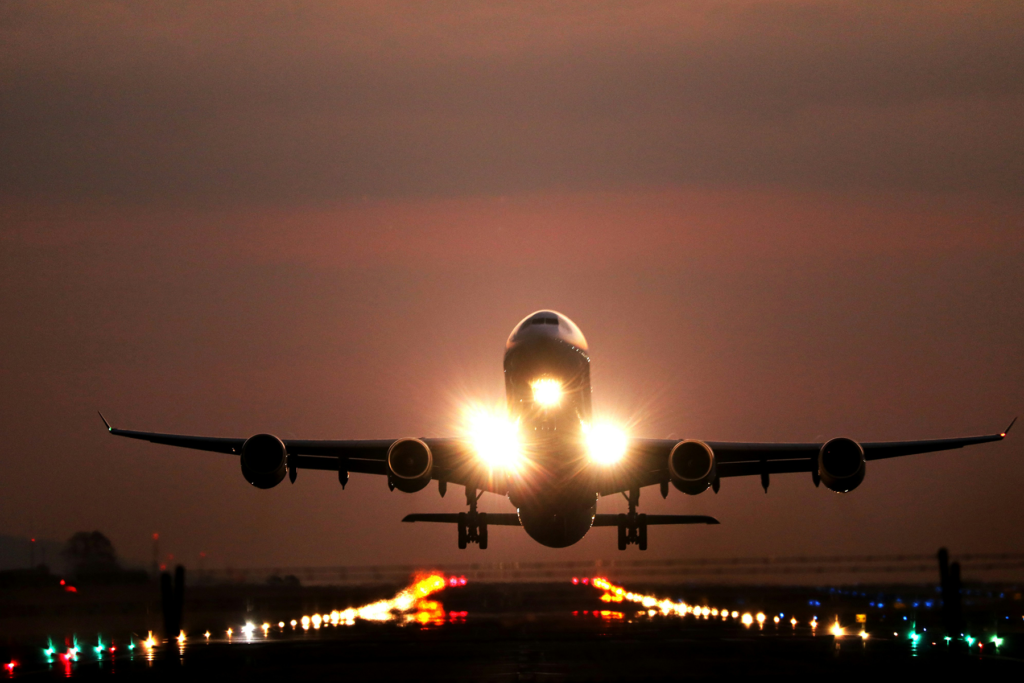
A new study released by Temple University finds that airlines will increase the number of flights between Washington, D.C. and whoever is the current chair of the House Transportation Committee.
New data released by Temple University found airlines participate in a small trick to win the favor of the U.S. House of Representatives chair of the Transportation Committee.
Published in Organizational Science, researchers discovered airlines increase the number of flights between the chair’s home district and the nation’s capital in a bid to gain political clout.
Seats to D.C. Increase by 4%; Departures from Home Increase by 5.5%
The research was authored by Min-Seok Pang, an associate professor and research fellow at Temple’s Fox School of Business, along with Russell Funk from the University of Minnesota and Daniel Hirshman of Cornell University. Studying airline data from 1990 through 2019, the data revealed a significant increase in flights for the sitting chairperson.
For whomever is the Transportation Committee chair, airlines have increased the number of departures from their home district airport by an average of 5.5%, while boosting the available seats by nearly 10%. Moreover, the number of seats increased to Washington, D.C. is also boosted by as much as 4.4%. The pattern has proven true for all nine committee chairs over the 30-year period studied.
When a new chair is installed, another interesting series of events happens. Not only does the number of flights increase from their district, but airlines then shift the flights from the previous chair’s home. Although the number of available seats goes down, the airline may choose to keep some of the flights if they are profitable.
The most important question the team sought to ask is if quiet lobbying works. According to their research, there is a direct impact between increasing flights and when airline bills go through the House of Representatives.
“We found that the more departures that take place from the district of the Transportation Committee chair, the less likely it is that an aviation bill will pass in the U.S. House,” Pang said. “For an airline, a policy change is only beneficial if it directly benefits the airline’s bottom line, and the next best thing beyond that is the status quo. That is where this strategy works.”
While the data provides one of the first formal correlations between courting politicians with flights, it isn’t a new practice for air carriers. In 2015, former United Airlines executive Jeff Smisek was relieved from his post amid an investigation into service between Newark Liberty International Airport (EWR) and Columbia Metropolitan Airport (CAE) in South Carolina allegedly connecting then Port Authority of New York and New Jersey chair David Samson to a vacation home.
The full article is available for purchase online.
Feature image courtesy: Josue Isai Ramos Figueroa on Unsplash

